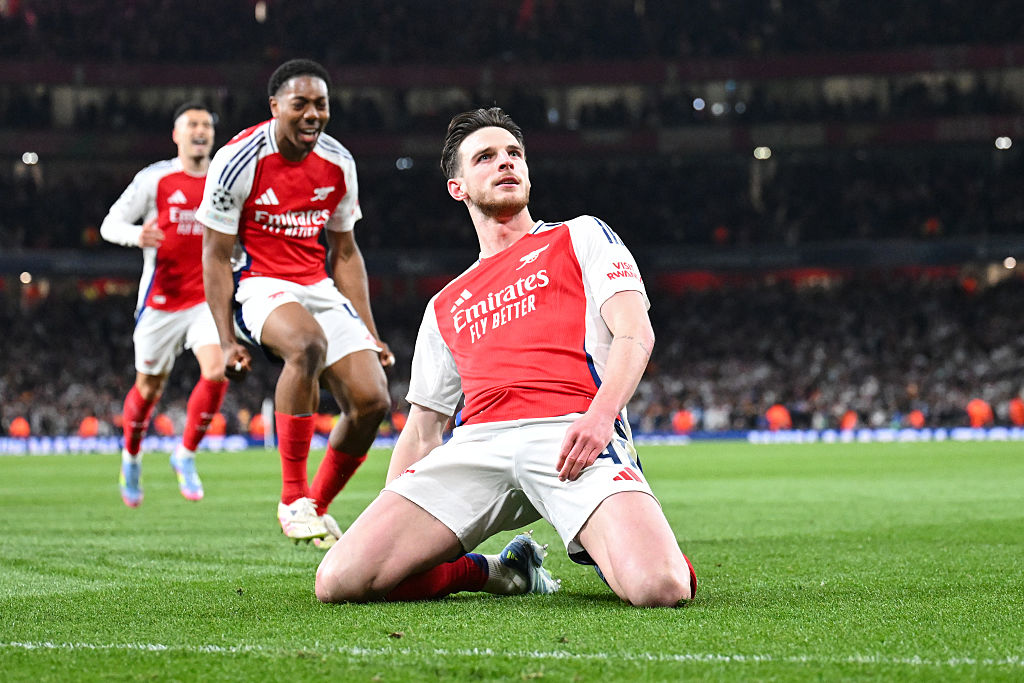Italy's loaded stars justified in pay strike. No, really
At first glance it looks as if Italian footballers are living up to their image of pampered, overpaid egomaniacs. But in fact that would seem an apt representation of quite a few of the clubâÂÂs presidents.
Italy is bracing itself for a winter of austerity budgets, set to sweep a frigid economic climate through the sun-loving Mediterranean country. The last thing the citizens want to hear, then, as they soak up the last of the summer sunshine is that Serie A will not be kicking off this weekend as scheduled because its stars are going on strike.
The league and club presidents have been fostering a view that the countryâÂÂs high-earning footballers are unwilling to pay the new âÂÂsolidarity taxâÂÂ, which is set to run for the next three years on anyone â footballer or not â earning more than 150,000 euros a year. It may not surprise you that many of those who kick a ball for a living do indeed earn more than that.
In reality, however, not one player has said they are unwilling to stump up the 5% to 10% the government is attempting to claw back as an extra tax from ItalyâÂÂs well-off. It took the level-headed, urbane president of the playersâ association (AIC), Damiano Tommasi â also winner of 25 Azzurri caps â to point this out.
Footballers in Italy have always had a bad press when it comes to paying taxes. But there are a few other sectors who have managed to maintain their earnings without contributing to the governmentâÂÂs coffers â and the situation has been magnified by the fact that clubs pay the salaries net, thus taking on the burden of all taxes.
A player knows how much he is taking home, and the thinking goes that he doesnâÂÂt have to worry about ways of keeping much of his salary out of the hands of the taxman.
The players â or should that be their advisers, agents and accountants â have known for some time that the current government has been exploring creative ways to wring a few more euros out of the populace, and Serie AâÂÂs finest are easy targets.
Get FourFourTwo Newsletter
The best features, fun and footballing quizzes, straight to your inbox every week.
So we have seen negotiations between players and clubs become more fraught than ever, with stern centre-back Giorgio Chiellini holding out on a clause in his contract where Juventus would pay all taxes regardless of type.
The Juve defender can, in theory, look at his bank account and feel the warm glow of contentment that it is going nowhere â unless, of course, he wants to buy a flash car, apartment or Pacific island, in which case he can deal with the subsequent tax situation then.
No doubt ChielliniâÂÂs fellow Italian internationals coming to the end of their current deals, such as Daniele De Rossi, have their agents locked in talks over such a clause.
However, when the country begins to fissure economically the players will probably do the right thing by their fellow citizens and make a contribution for âÂÂthe common goodâ (as opposed to the elite good).
And the real issue on why the players are holding firm on strike action concerns a much more contentious clause. A part of the collective agreement sees that clubs can demand that a coach exclude a member of the squad from the first team, forcing them to train with the youth team or even in the local park with the yobbos and dog turd.
Club presidents tried to water down this touchy point by offering to leave the final decision to the coach, but considering that players generally feel their âÂÂmisterâ is a mere puppet for their paymasters, this has been laughed out of court by the AIC.
Federico Marchetti, who replaced the injured Gigi Buffon during ItalyâÂÂs doomed World Cup campaign in South Africa, sat out all of last season when Cagliari president Massimo Cellino denied the goalkeeper a transfer request.
That wound of losing a whole year of what is already a short career really hits home.
Cellino, of course, is no stranger to the hiring and firing business. Only a few weeks ago he sacked coach Roberto Donadoni even before a ball had been kicked in anger.
Interestingly, the Miami-based entrepreneur was one of only two presidents â the other being Massimo Mezzaroma of newly-promoted Siena â to vote to accept the playersâ demands.
Could that have been an attack of conscience? Yes or no, this is an issue that could cripple the Italian game for some time to come.
